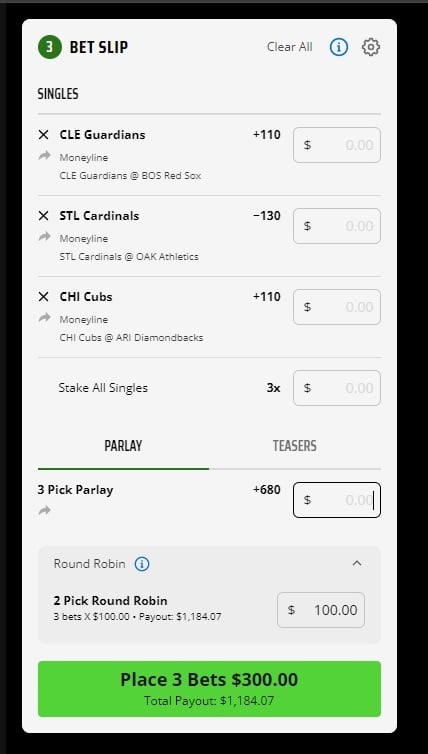South Carolina’s conservative stance on gambling has left the state largely untapped when it comes to online casinos. While recent legislative efforts have been geared towards sports betting, the state has yet to fully explore the potential revenue and recreational opportunities that regulated online casinos could offer.
This article delves into the current landscape and examines the untapped potential awaiting South Carolina in the realm of online casinos.

Image: Pexels.com
South Carolina’s Current Landscape: Strict but Not Inflexible
South Carolina has long been known for its conservative approach to gambling, particularly when it comes to online casinos. Currently, none of the top US online casinos are regulated or licensed within the state. This has led to a rather barren landscape for those interested in real-money casino games. Even traditional land-based casinos are hard to come by, requiring residents to make a trip to neighboring North Carolina for that experience.
While efforts have been ongoing to legalize sports betting, with bills such as HB 3749 pending further readings, online casinos haven’t quite caught lawmakers’ attention in the same way.
Alternative Routes: Social and Sweepstakes Casinos
Given the absence of licensed online casinos where you can play blackjack online for money, residents from South Carolina have turned to alternative forms of gaming like social and sweepstakes casinos. Social casinos are platforms where you can play casino-style games just for fun or to amass player points. These are free to join, provided you have an email address and a social media account like Facebook or Google. These platforms often have age restrictions, typically requiring players to be 18 or older.
Sweepstakes casinos offer another avenue for casino aficionados. These platforms provide games similar to social casino games but introduce an element of “real” rewards. Here, players can win Sweeps Coins, which can later be redeemed for cash prizes or gift cards. This makes it one of the few legal avenues in South Carolina to earn real prizes from casino-style games.
Untapped Opportunities for the State
The popularity of social and sweepstakes casinos highlights a latent demand for online gambling in South Carolina. With the ongoing digital transformation of various industries, online casinos could be an untapped revenue source for the state, as they have proven to be in other jurisdictions. This potential becomes more salient when you consider that people are already engaging in social and sweepstakes casinos, which are essentially the next best thing to real-money online casinos.
South Carolina could study the regulatory models adopted by other states that have successfully implemented online casino gaming. From this, lawmakers could potentially draft legislation that caters to the demand for online gaming while ensuring proper guidelines are in place for responsible gaming. If done right, the state could benefit from tax revenues generated by the industry and also create new jobs related to the operation and regulation of these platforms.
A Complex Puzzle to Solve
While the potential is undeniably there, opening up South Carolina to online casinos would require a significant shift in legislative perspective and public opinion. Traditionalist viewpoints and concerns about the social impact of gambling are valid issues that lawmakers would have to navigate carefully.
Moreover, the task of regulating an online gambling industry is no small feat. This would involve multiple stakeholders, including law enforcement agencies, public health organizations and technology experts, to ensure that the industry is ethical, transparent, and secure for all involved.
In Summary
While real-money online casinos are not a part of South Carolina’s gambling landscape, social and sweepstakes casinos have found a legal and popular niche. As efforts continue to legalize sports betting in the state, perhaps it’s time for lawmakers also to examine the untapped potential of online casinos. This could offer South Carolinians more recreational options and provide the state with additional revenue streams.
At the same time, it would introduce a new layer of complexity to South Carolina’s ongoing debate about the role of gambling in society.













